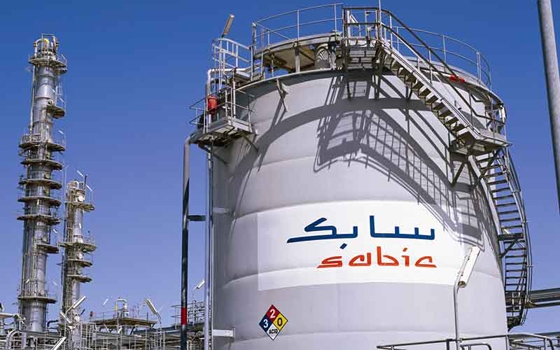The huge developmental projects launched and laid foundation stones by Custodian of the Two Holy Mosques King Abdullah included SR81.44 billion ($21.7 billion) projects for the Saudi Basic Industries Corp. (SABIC).
The projects launched for the Jubail Industrial City include a complex of the Saudi Kayan Petrochemicals (Saudi Kayan) and expansion of the National Natural Gas Company of (GAS), expansion of Hadeed, and tri-ethyl aluminum project, Ideal Consumption of power in Al-Bayroni and logistic facilities at sea port.
The SABIC projects for which the king laid foundation stones in the Jubail industrial city include the Saudi project for industrial rubber in the Saudi Jubail Petrochemical Co. (Kemya), pavement work at the port for petrochemical projects, polyoxymethylene project of the National Methanol Company (Ibn Sina) and a project in Arabian Petrochemical Co. (Petrokemya,) a fifth plant at the Saudi Arabian Fertilizer Company (SAFCO) in addition to a residential project for SABIC at the Jalmouda district.
The new Yanbu projects include launch of the SABIC employees' residence project at the Mushayrif district besides laying of foundation stone for one of the Ibn Rush Fiber company's projects.
The two industrial cities of Jubail in the Eastern Province and Yanbu in Madinah province with a combined population of 300,000 people employ more than 175,000 workers in 600 factories manufacturing 92 basic products. The total investments in the factories is estimated at SR776 billion with foreign investments worth SR269 billion accounting for 37 percent of the investments.
President of the Royal Commission for Jubail and Yanbu (RCJY) Prince Saud bin Thunayan said on an earlier occasion that 65 percent of the gross domestic industrial product of the Kingdom was contributed by RCJY, while its contribution to the GDP stood at 12 percent.
The exports from the two industrial cities accounted for 71 percent of the Kingdom's total exports. The nonoil exports of the Royal Commission's industrial cities contributed 85 percent of such exports. Since the 1980s, the two towns have been the major employment provider for the people in the Madinah and Eastern provinces.
Arab News
9 August
























































